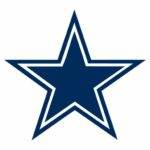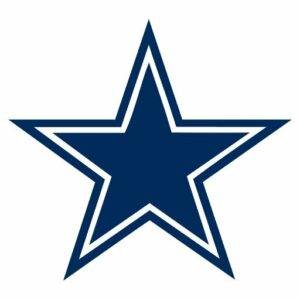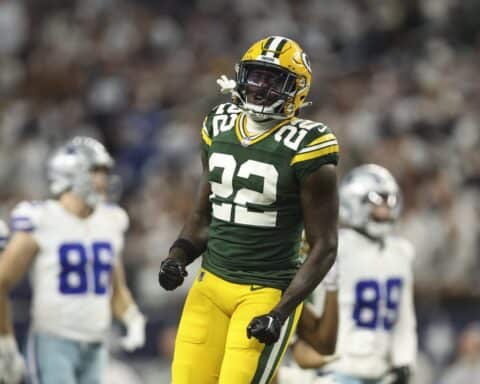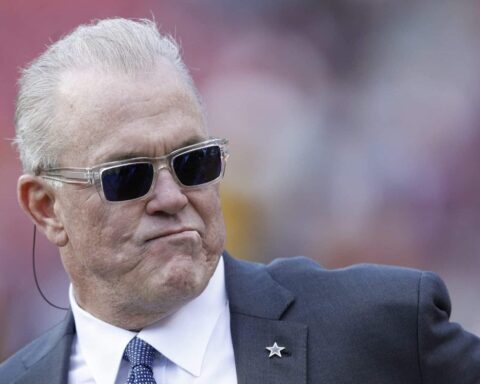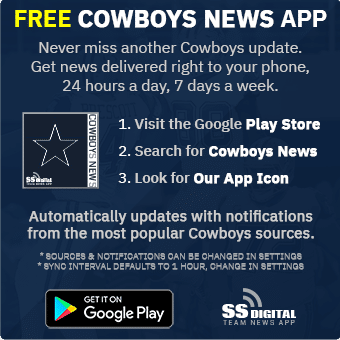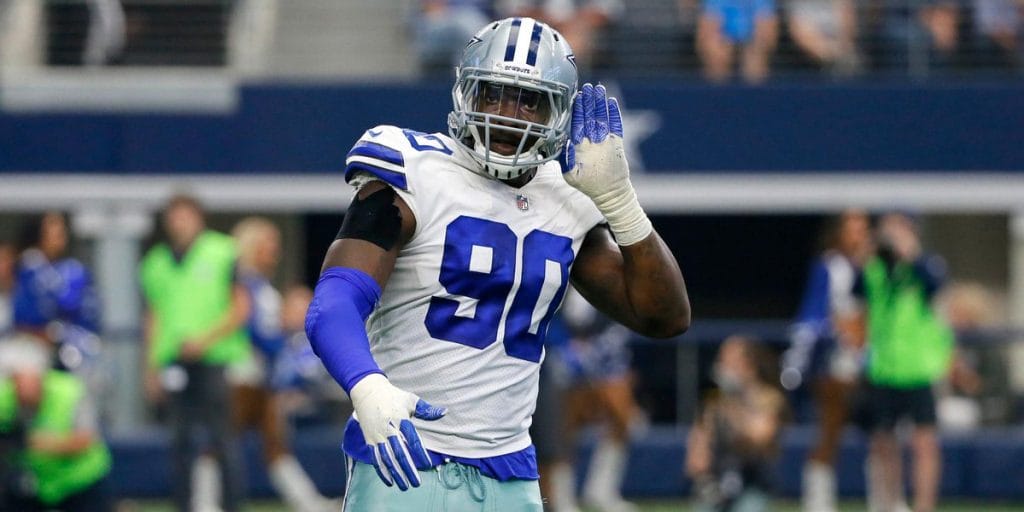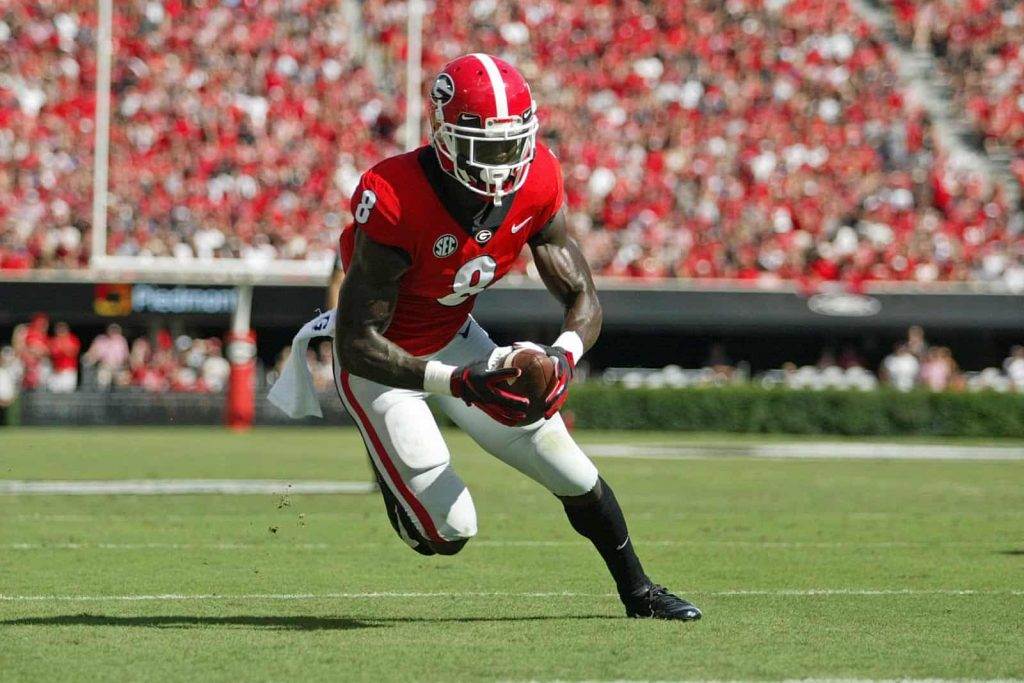Every year around the middle of March, the NFL world goes crazy with the start of free agency. Teams and their fans get caught up in the idea of making those one or two big signings that could change the fortunes of their franchise. But does history show that these high-priced free agent deals really lead to more wins?
This seems especially relevant in the 2019 offseason as it relates to the Dallas Cowboys. Fans are frustrated with the team’s lack of spending, seeing this as an opportunity to go “all in” and push toward Super Bowl contention.
But this isn’t a new concept; many teams have thought the same through the years and tried to buy a championship. Jerry Jones was as guilty of this as most owners during part of his reign.
So why not now?
To research this, I went back and looked at the last five years of free agent movement. I took the top five deals in terms of average money per year and looked at how those players’ new teams fared the year before signing them and the year after.
What’s more, I thought it would be good to look at the impact that losing a top free agent had on his former team. How much did it hurt them in the Win-Loss column, if at all?
One note; I decided to take quarterbacks out of this conversation. A change in QB has a far greater impact on a team’s performance than any other position, so much that it corrupts the data for the rest.
So, going back to 2014, here were the five most-lucrative contracts signed by players who changed teams each season.
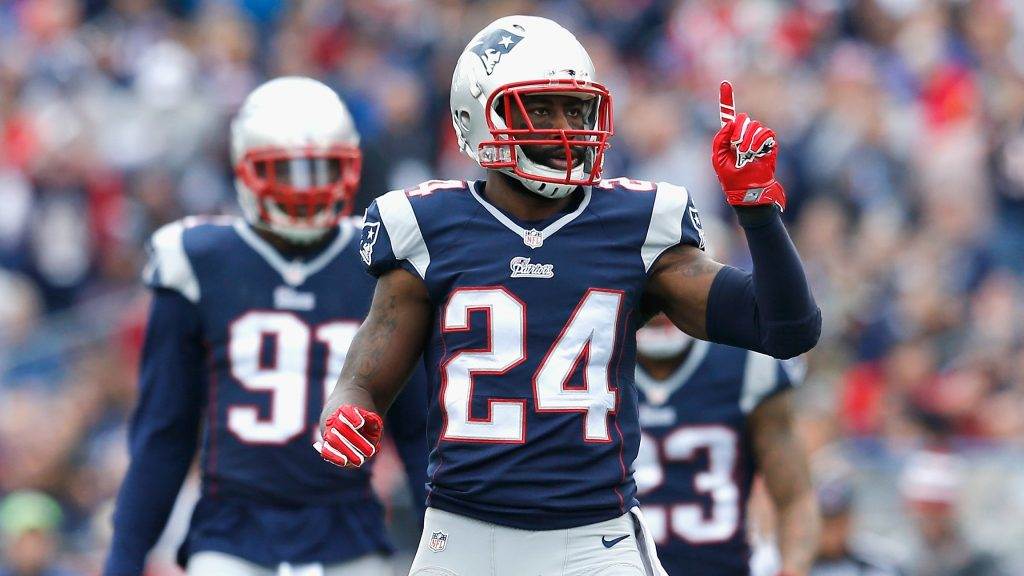
2014
- CB Darrelle Revis (TB to NE) — 1 year, $12 million
- DE DeMarcus Ware (DAL to DEN) — 3 years, $30 million
- CB Aqib Talib (NE to DEN) — 6 years, $57 million
- S Jairus Byrd (BUF to NO) — 6 years, $54 million
- OT Branden Albert (KC to MIA) — 5 years, $47 million
The Patriots and Broncos were already good before these acquisitions. They went from 12-4 and 13-3 in 2013, respectively, to still being 12-4 the following season. New England would eventually win the Super Bowl that year, as they tend to do.
Things weren’t so good for the Saints or Dolphins. It was a down year for New Orleans, dropping from 11-5 to 7-9, while Miami had the same 8-8 record in 2014 that they’d had the year before.
So despite their big free agent moves, all of these teams actually had the same or worse records than in the previous season.
Interestingly, the teams that lost these top free agents didn’t fare too badly. Of course, New England replaced with Talib with Revis. As we’ll see elsewhere, the Patriots are an unfair measure because they’re the best at dealing with personnel changes.
But even outside of New England, the Cowboys went from 8-8 to 12-4 and the Bills improved to 9-7 from a 6-10 finish the year before. The Chiefs and Bucs each lost two more games than the year before, but overall there was a +4 swing in W/L records for these clubs.
This is just one season, but you start to get the idea. Big free agent additions didn’t help the new teams much, and losing those players didn’t seem to hurt their old teams either.
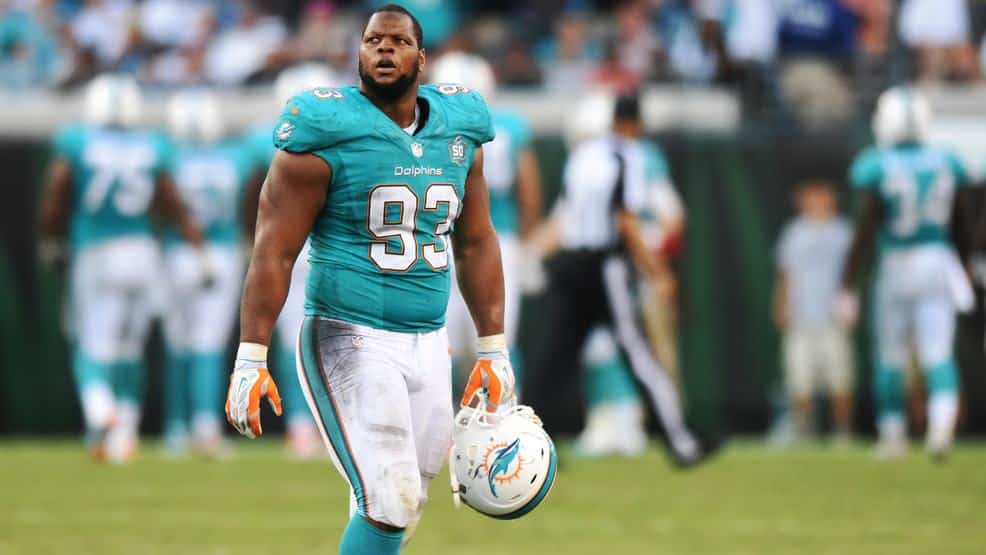
2015
- DT Ndamukong Suh (DET to MIA) — 6 years, $114 million
- CB Darrelle Revis (NE to NYJ) — 5 years, $70 million
- DE Greg Hardy (CAR to DAL) — 1 year, $11 million
- WR Jeremy Maclin (PHI to KC) — 5 years, $55 million
- TE Julius Thomas (DEN to JAC) — 5 years, $46 million
For one of the biggest deals in NFL history, Suh’s move from the Lions to the Dolphins hurt his old team but did nothing for the new one. Detroit dropped from 11-5 to 7-9, but the Dolphins actually won two fewer games in 2015 than the year before.
This illustrates another key point here. Outside of the QB position, it’s hard for any one player to change the landscape of a franchise. A middling team like Miami is probably going to keep right on middling, even with a record-breaking deal for a top defensive player.
Elsewhere, Revis went to the Jets and helped spark a major improvement. New York went from 4-12 to 10-6 in 2015 and Darrelle went back to the Pro Bowl. For one year, at least, the big move paid off.
Greg Hardy’s one year in Dallas was hardly worth the trouble, even though he was a solid player on the field. The Cowboys dropped to 4-12 because of a Tony Romo injury, but Hardy was reportedly a locker room problem for some of their younger players. Still, Romo’s absence skews everything here.
More interesting is that Hardy’s old team, the Panthers, made a huge leap from seven wins in 2014 to an incredible 15-1 season and Super Bowl appearance. Greg had only played 1 game in 2014 because his domestic violence issues, but it still goes to show how teams can quickly recover from even huge personnel changes.
The last two deals were both ripples in the pond. Philly went from 10-6 to 7-9 without Jeremy Maclin and the Chiefs improved from nine wins to 11 with him. Julius Thomas’ old team, the Broncos, stayed steady at 12-4 while his new team, Jacksonville, went from 3-13 to just 5-11.
The big takeaway here is Suh, one of the most expensive free agents ever, having zero positive impact on his new team. Miami still had Joe Philbin at coach and Ryan Tannehill at QB, and they were basically the same team as the year before.
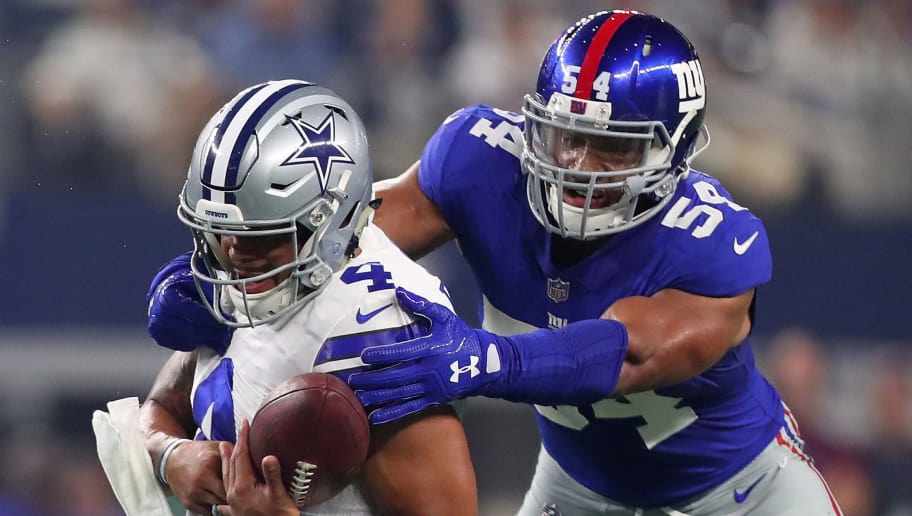
2016
- LB Olivier Vernon (MIA to NYG) — 5 years, $85 million
- CB Josh Norman (CAR to WAS) — 5 years, $75 million
- DT Malik Jackson (DEN to JAC) — 6 years, $85 million
- CB Janoris Jenkins (LAR to NYG) — 5 years, $62 million
- G Kelechi Osemele (BAL to OAK) — 5 years, $59 million
Vernon’s move helped improve the Giants from 6-10 to 11-5. However, with only 8.5 sacks, you could still argue that New York didn’t get what they’d paid for. That is further evidenced by the fact that they just traded him away to Cleveland this offseason.
What’s more, the Dolphins weren’t hurt by his departure. Miami went from 6-10 to 10-5 that year without Vernon.
How about Josh Norman’s move? Washington saw virtually no movement in their record; 9-7 in 2015 and 8-7-1 the next season. However, the Panthers fell from grace without Norman as they dropped from their huge 15-1 season to just 6-10.
Malik Jackson didn’t help the Jaguars, either. They were 5-12 the year before and 3-13 after adding him. Even with a change at head coach in 2016, they still had Blake Bortles as the QB. As we’ve illustrated here several times already, it’s hard to make up for that with any other moves.
Janoris Jenkins was also part of that improved Giants team we discussed. His previous team, the Rams also floundered without him. But that had a lot more to do with a QB controversy between Case Keenum and Jared Goff and the increasing ineptitude of Jeff Fisher, who was fired as coach before the end of the year.
Kemechi Osemele was part of the strong Raiders team in 2016 that went 12-4, up five wins from the previous season. But his previous team in Baltimore also improved, going from 5-11 to an 8-8 record.
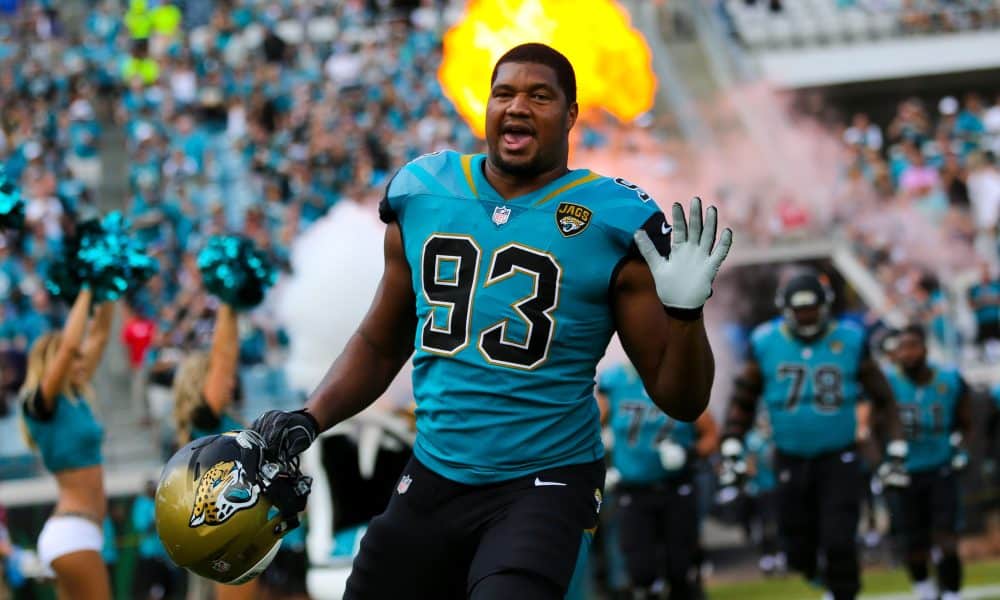
2017
- DE Calais Campbell (ARI to JAC) — 4 years, $60 million
- CB A.J. Bouye (HOU to JAC) — 5 years, $68 million
- OT Russell Okung (DEN to LAC) — 4 years, $53 million
- CB Stephon Gilmore (BUF to NE) — 5 years, $65 million
- G Kevin Zeitler (CIN to CLE) — 5 years, $60 million
The Jaguars definitely went big here, giving out the two largest contracts to acquire new talent. And in this case you can’t dispute the results; Jacksonville went from 3-13 to 10-6 and looked like a whole new team.
Everything went right for the Jags that season. Drafting Leonard Fournette boosted the offense and helped stabilize Bortles’ performance. The defense was one of the best in the league, with the Campbell (14.5 sacks) and Bouye (6 INTs) additions certainly playing big parts.
As for their old teams, Arizona went fairly unchanged after Campbell’s departure. They were 7-8-1 the year before and 8-8 without him. The Texans dropped from 9-7 to 4-12 after losing Bouye, but that had way more to do with QB DeShaun Watson’s injury.
The Chargers saw an uptick after adding Okung, winning four more games in 2017. His previous team, Denver, also lost four more games the year after he left.
The Gilmore and Zeitler moves were inconsequential. The Patriots stayed the Patriots, winning 14 games the year before and 13 after adding Gilmore. And the Browns stayed the Browns, going from one win in 2016 to none in 2017.
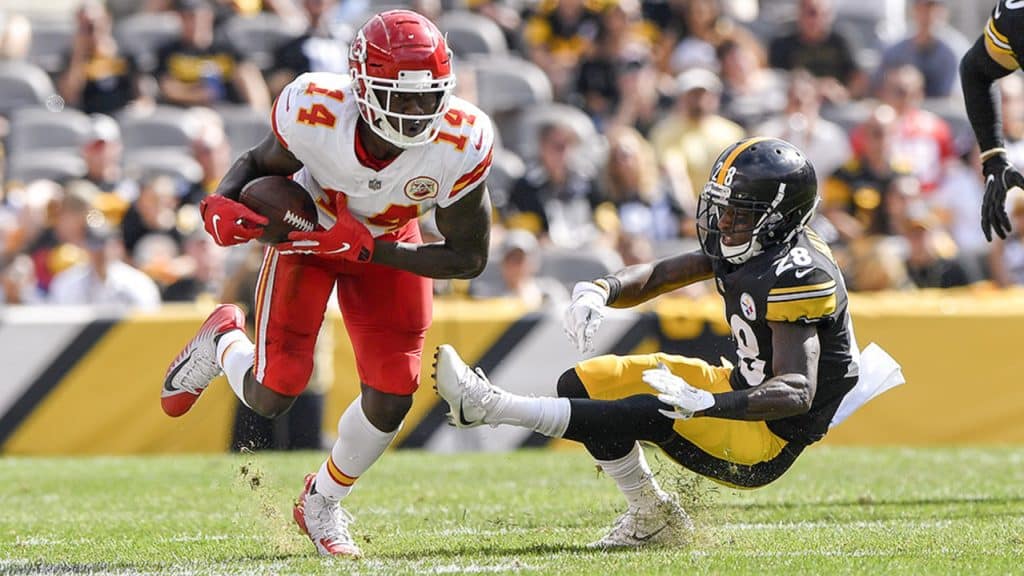
2018
- WR Sammy Watkins (LAR to KC) — 3 years, $48 million
- OT Nate Solder (NE to NYG) — 4 years, $62 million
- CB Trumaine Johnson (LAR to NYJ) — 5 years, $73 million
- WR Allen Robinson (JAC to CHI) — 3 years, $42 million
- DT Ndamukong Suh (MIA to LAR) — 1 year, $14 million
Last season saw Sammy Watkins get a big deal, $16 million per year, to join the Chiefs. And even though Kansas City had a great season, Watkins missed time and only produced 519 yards and three touchdowns. He was barely a factor.
What’s more, the Rams certainly didn’t miss him. LA went from 11-5 to 13-3 as Sean McVay proved how a great system can override talent. On paper, Robert Woods should never be a more productive player than Sammy Watkins.
Nate Solder went to join the Giants on their misguided Eli Manning retirement tour and they kept right on losing at 5-11. Same for Trumaine Johnson, who went to the Jets only to help them go 4-12. Bad teams stayed bad.
Allen Robinson didn’t put up huge numbers but was a solid participant in the resurrection of the Chicago Bears. They jumped from 5-11 to 12-4, with a change in head coach and offensive coordinator having a lot do with it. The trade for Khalil Mack didn’t hurt, either.
Just halfway into his historic deal with Miami, Ndamukong Suh got cut and jumped on the Rams bandwagon. He was an effective wingman for Aaron Donald and helped get them to the Super Bowl last year.
~ ~ ~
So what are the major takeaways from all of this?
The biggest, to me, is the reality that big money spent on anyone who doesn’t play quarterback doesn’t seem to be worth it. We saw numerous instances where bad teams stayed bad and good teams stayed good, and the swing in Win-Loss records compared to money spent just doesn’t add up.
Over five years, these teams who spent big in free agency won a net total of 24.5 more games than they had the year before. Adjusting for duplicates, that averages out to just around one win per team per season.
Tens of millions of dollars spent, and salary cap space used, all for one extra win. How do you like that math?
Again, some of this evidence is skewed by other factors. Greg Hardy might’ve been a big addition in Dallas if they hadn’t lost Tony Romo the same year. Perhaps Sammy Watkins would’ve had a much bigger year with the Chiefs if he hadn’t been hurt, but even his per-game stats weren’t great.
But the net results here are not kind for the notion that free agency is where teams are built and improved. Perhaps even more damning is how the team who lost these marquee players went fairly unchanged, or even improved at times, without them.
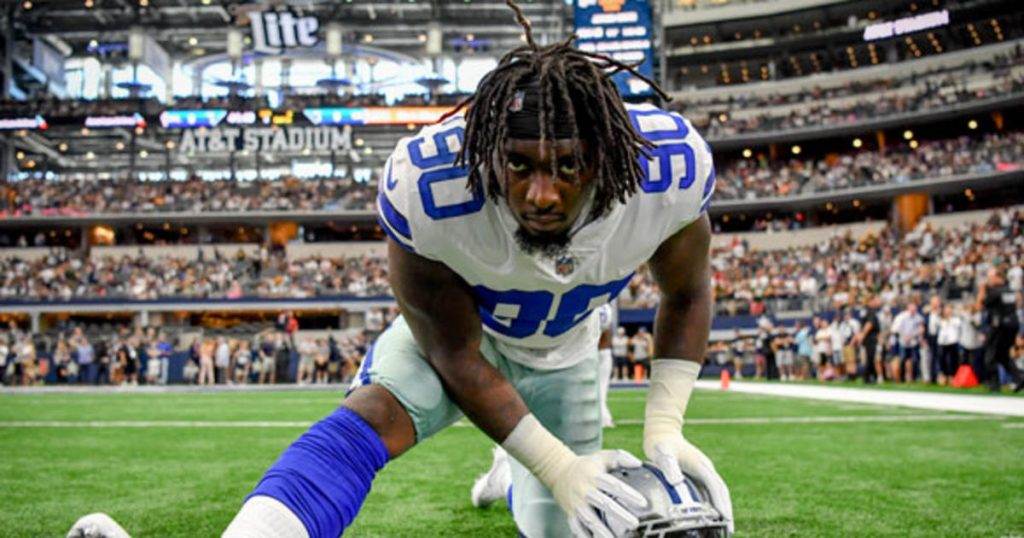
Consider the dilemma that the Dallas Cowboys face with DeMarcus Lawrence. He wants to be paid like a Khalil Mack or Von Miller, and he has a good case for it with the last two seasons of work. But will allowing Tank to consume that much of the salary cap really help Dallas win?
Many are scared by the idea of losing Lawrence because we’ve seen, very recently, what this defense looks like without a pass rush. But what else could the Cowboys do with $20 million this year?
Getting 10-15 sacks from a couple of guys is as good as getting them from one. Dallas could sign two solid players at DE and DT for what they’ll pay to keep DeMarcus, plus maybe have some leftover for other uses.
That speaks to what we’ve seen through out study here. Team who didn’t pay to keep expensive free agents likely had the resources to make other moves. That’s what New England’s done for nearly two decades now; let someone else reward their stars with lucrative deals and just keep on replacing them with cheaper options.
Of course, not everyone can follow the Patriot Way. That’s because only one team has Belichick and Brady, and they help to mitigate the risk at every other spot on the roster.
We’ve already seen Dallas allow their most-talked about free agent target, safety Earl Thomas, sign somewhere else. They weren’t willing to pay what he wanted because they don’t think any safety is worth that much.
The market dictates price, and usually at least one team is willing to pay it. Baltimore clearly decided that Thomas was worth that contract even if Dallas didn’t.
Will market price, which now has DeMarcus Lawrence looking for around $20 million a year, lead to the end of his Cowboys career?
It could, and perhaps we’ll look back on this offseason with a lot of regret. But history says that paying the big money doesn’t lead to big results.
